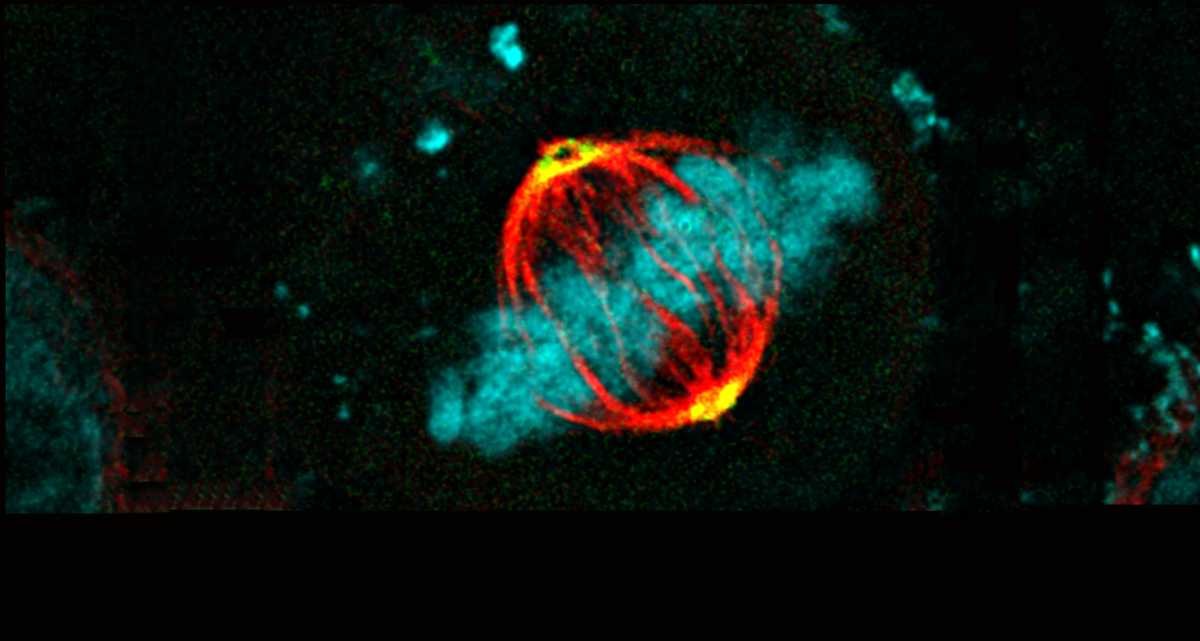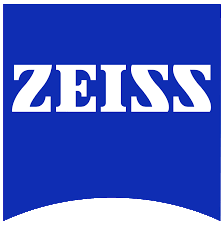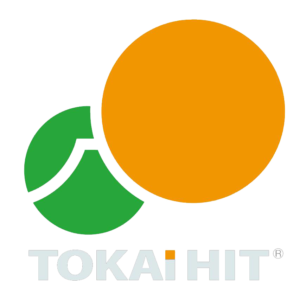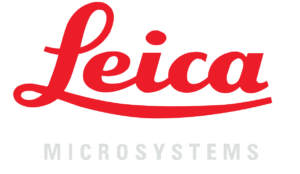The Erasmus Optical Imaging Centre will host a MinFlux demonstration in the period of November 11-15 and a NVvM workshop focussed on MinFlux microscopy on Monday November 18.
MinFlux 3D unrivaled resolution and speed
MINFLUX, or minimal fluorescence photon fluxes microscopy, is a super-resolution light microscopy method that offers nanometer-scale 3D-imaging and microsecond-range single molecule tracking and can attain 1–3 nm resolution in three dimensions
We are excited to announce that our imaging facility has a state-of-the-art Abberior MinFlux system available for demonstation November 11-15. The system will also be part of the OIC functional imaging course in the same week.
The demonstration will be concluded with a whole day NVvM MinFlux workshop on Monday November 18, 2024.
More information about the workshop, demonstration period and the registration can be found here.










